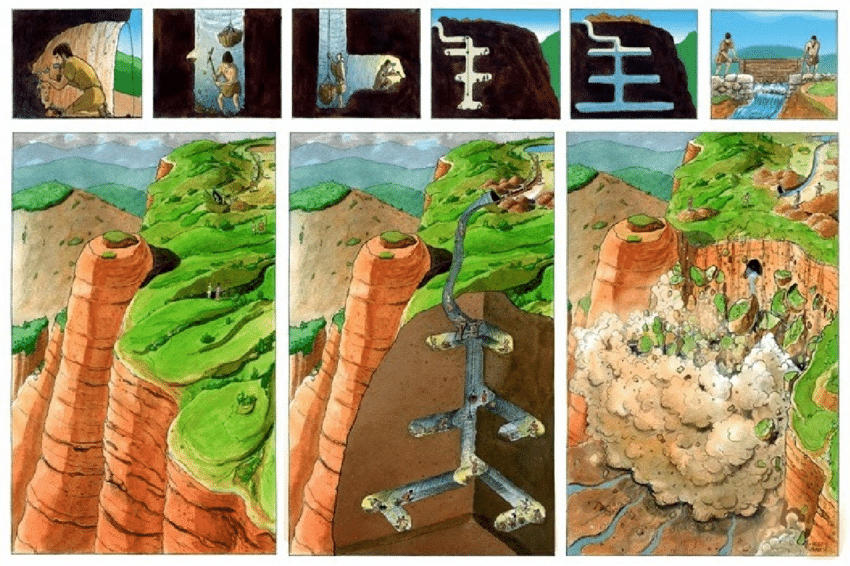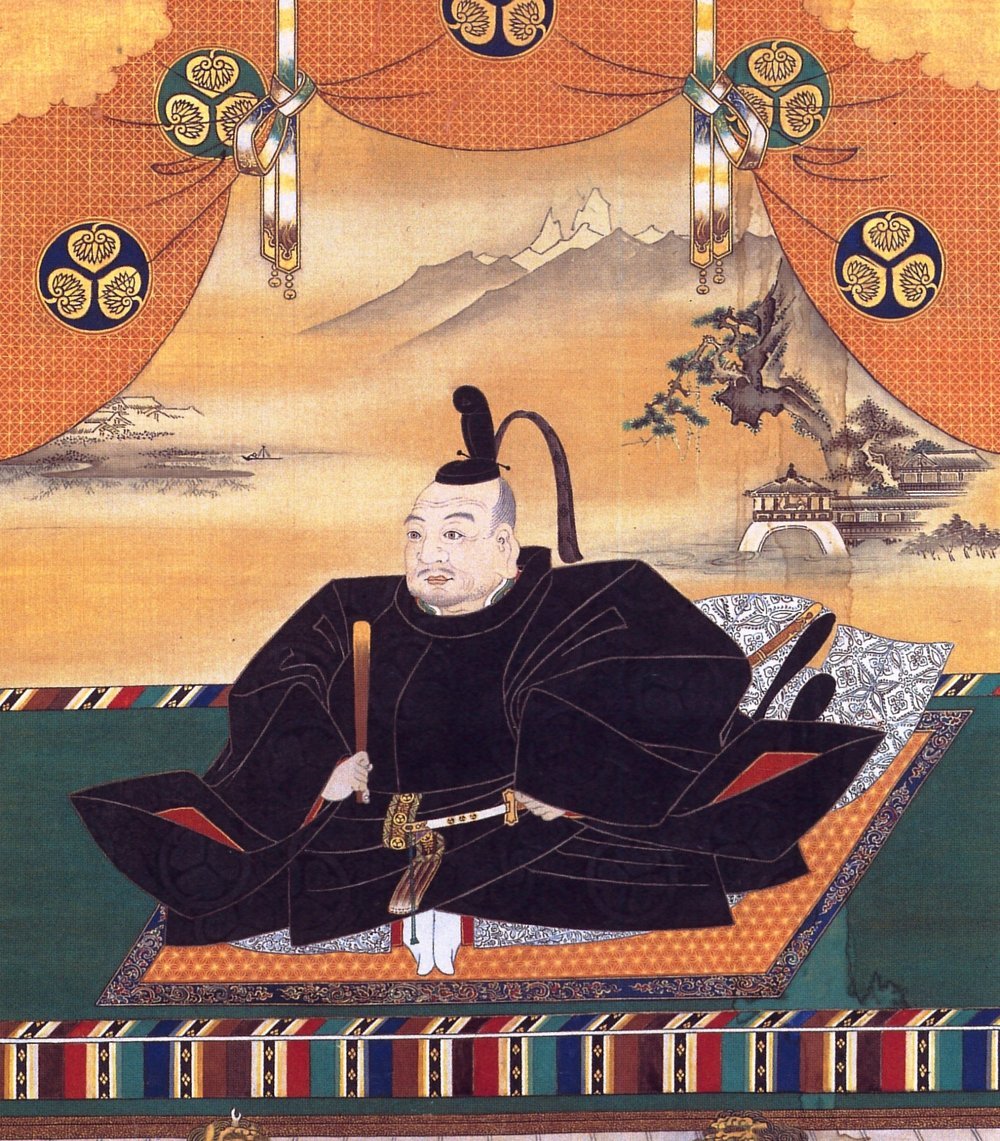Linkfest 2022-02-18: Ruining of Mountains

Ruining of Mountains
The Roman mining technique Ruina Montium is an impressive bit of applied engineering.
Kirk Dunston: Why Sexual Morality May Be More Important Than You Thought
An application of J. D. Unwin’s Sex and Culture to the West, 40 years after the sexual revolution. Unwin’s book was published in 1934.

A Twitter thread on children’s art preserved in the historical record. I’ve got things in my office that look similar.

Public Books: Asimov’s Empire, Asimov’s Wall
Having followed JD Cowan’s long series on the roots of science fiction fandom, I am not at all surprised to find that Isaac Asimov was a pervert and a sexual harasser. All of the Big Three names in scifi from that era had uncontrolled sexual appetites, and as a result I find all of their work increasingly unreadable as I see that influence leaking out everywhere.
There is a fascinating parallel to what happened in science fiction fandom, which is the group that defined for us who the “Big Three” were by the way, and the process John J. Reilly described in his review of Gertrude Himmelfarb’s The Demoralization of Society.
The problem with these opinion-maker enthusiasms is not that they are necessarily wicked, though many of them are. The problem is that they are constructs, something that someone made up. They cannot form the basis of a social consensus, because they are alien to all but their makers. Even when, as in totalitarian societies, they can be imposed by the police, the police themselves are likely to lose interest in them after a while. What happened in the twentieth century was that the opinion-makers continued the cottage industry of value-making which the decadent Victorians had founded. They busied themselves concocting what were, in effect, exotic poisons in the arts and politics and the principles of personal relations. For the first half of the twentieth century, the major institutions of society continued along the vector which the Victorian moral revival had imparted. Teachers knew how to teach, the police knew how to keep the streets safe. For that matter, the Post Office knew how to deliver the mail. However, these funds of institutional wisdom were scarcely inexhaustible. By the middle of the twentieth century, it was obvious that some novel thinking was needed about everything from race relations to the control of industrial pollution. So society applied to the opinion-makers for guidance. And the injection of the poisons began.
JD Cowan documents in some detail for us how the small group of tastemakers defined what they called science fiction, and then attempted to be bellweathers and opinion-makers for broader society. They succeeded by getting people to think science fiction was about predicting the future, but otherwise mostly failed, simply riding trends that were bigger than they were.
Rick Stump’s long essay on Conan the Barbarian as a character, and as part of the essence of pulp fiction, is well worth your time. Rick explains to us what chivalry really means, how Conan’s lack of materialism confounds contemporary writers, and how this all relates to interesting RPG game play.

With Both Hands: The Moon Pool
I cannot emphasize enough how important it is to read books outside of those recommended by the tastemakers like Asimov who wanted to propagandize us. You can get this by reading old books, but also simply by going outside of the usual recommendations.
I can see a reasonable objection to my characterization of the Futurians, that all the other writers I recommend also wish to inculcate a worldview in you. This is so, but the difference is illustrated for us by C. S. Lewis:
If they embark on this course the difference between the old and the new education will be an important one. Where the old initiated, the new merely ‘conditions.’ The old dealt with its pupils as grown birds deal with young birds when they teach them to fly: the new deals with them more as the poultry-keeper deals with young birds—making them thus or thus for purposes of which the birds know nothing. In a word, the old was a kind of propagation—men transmitting manhood to men: the new is merely propaganda.
C. S. Lewis –The Abolition of Man

The Long View: Tokugawa America
Tokugawa Japan is one of the more remarkable societies that have ever developed. It produced most of the culture that both we Americans and the Japanese find distinctive, and managed to be relatively stable and resistant to the outside world for nearly 250 years. When the outside world finally barged in, Tokugawa Japan responded more creatively than China did, although you could argue the mess Imperial Japan made in the early twentieth century mitigates this accomplishment.
Here, John Reilly asks the question: What would America look like if an isolationist policy as strict as the Bakufu's were implemented? This is the kind of fascinating thought experiment that John's fascination with alternative history made him well prepared for.
Comments ()